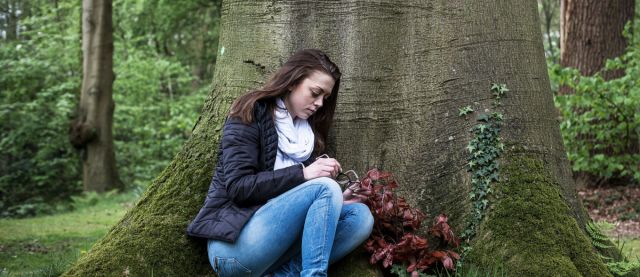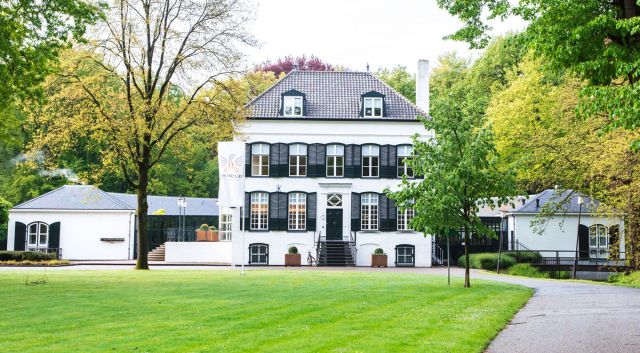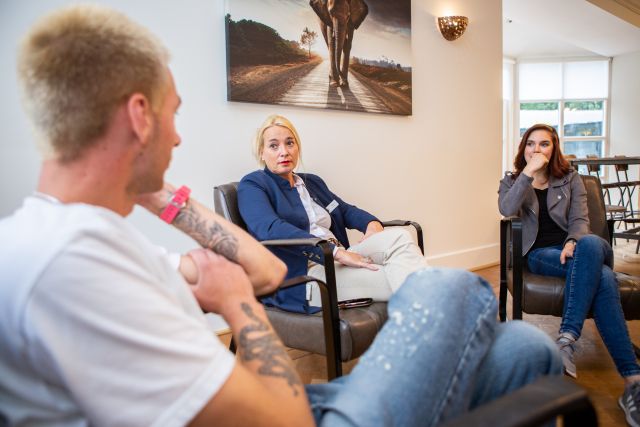What are behavioural problems?
Behavioural problems sometimes occur in all adolescents and young adults. Parents/carers observe behaviour that is unacceptable, contrary and/or deviant. For example, the young person does not adhere to agreements, becomes angry without warning, or comes home late. This is all part of the growth and development of young people. However, when patterns become structural and destructive, something else is occurring.
Drastic consequences
In some cases, the behavioural problems become increasingly severe and disastrous. The young person is no longer open to reason; they ignore general rules and do not take responsibility for their actions. They are either very difficult or impossible to steer in the right direction. Behavioural problems include having frequent conflicts that flare up quickly, truancy, dropping out of school, running away from home, losing friends, lying / cheating, manipulating and vandalism. Sometimes, these young people may come into contact with the police.
Children and young adults suffering from behavioural problems often end up in a downward spiral from which they cannot escape on their own. At a certain point, their family members are also unable to help. At Yes We Can Youth Clinics, we are available 24/7 for young people! Many of our employees are experts by experience and have had similar problems. They have fought for their recovery and have made a permanent recovery. This creates equality, ensures recognition, and offers hope to the young people we treat (we call them “fellows”).



